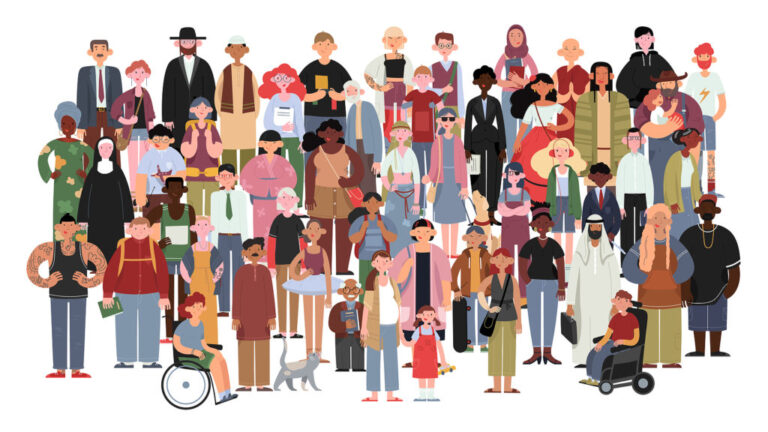Contextualising the gospel often has a bad rep for watering down the truth of gospel.
But what if I was to say that real contextualisation wouldn’t compromise on truth and is essential to communicate the gospel?
Just like each culture has a different language each culture also has different beliefs about themselves and the world.
According to Romans 1 each culture and person has suppressed different truths about God and chosen to believe lies about Him instead.
These lies about ourselves and God are the root cause of humans sinning.
This is why we all need the gospel that tells us the truth about ourselves, God and our need for Jesus to die for us.

For other cultures to hear the gospel clearly, we know we need missionaries to translate the unchanging truths of the gospel in ways that can be most fully understood.
But because each context not only has distinct languages but distinct beliefs about God we need to also speak distinct truths about God, humans and Jesus that speak truth to their lies.
So, although our non-Christian teens may have literally the same language as us, they still have specific lies about themselves and God that they believe.
Therefore, we need to ensure we share how the gospel is good news for their context of beliefs.
If not it it will be as if we have been speaking another language to them.
This is why real contextualisation doesn’t compromise on the truth but is essential in communicating the gospel.
Real contextualisation doesn’t water down the gospel but purifies the gospel for its audience.
At ‘More to the Story’ we have applied this kind of contextualisation to create a video series that would speak the truth about Jesus contextualised to their hearts deepest beliefs and desires. We see this is necessary and even Biblical. Watch the 3 minute video below as Tim Keller shows how Paul contextualised the gospel throughout the whole new testament.
We hope you too will be able to think about what it would look like to contextualise the gospel in your school.